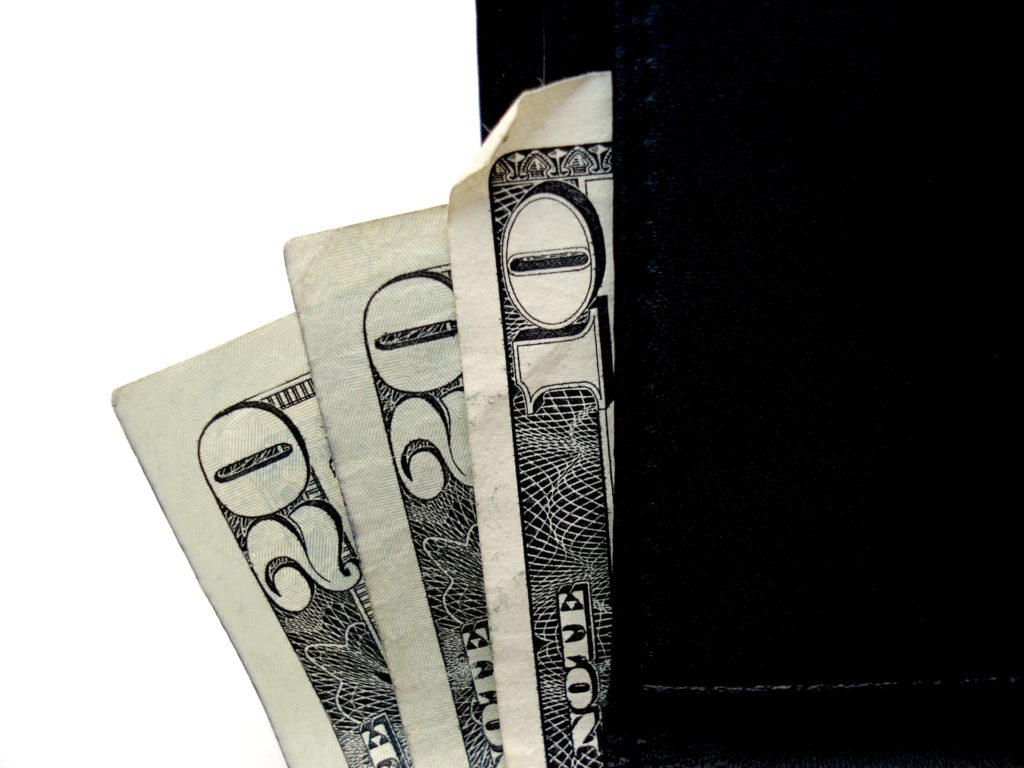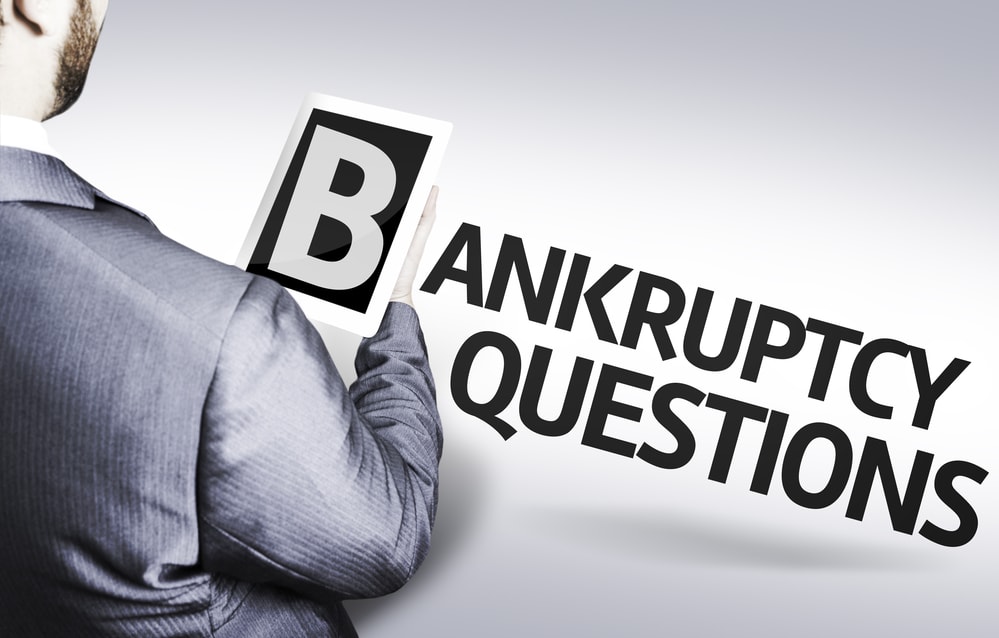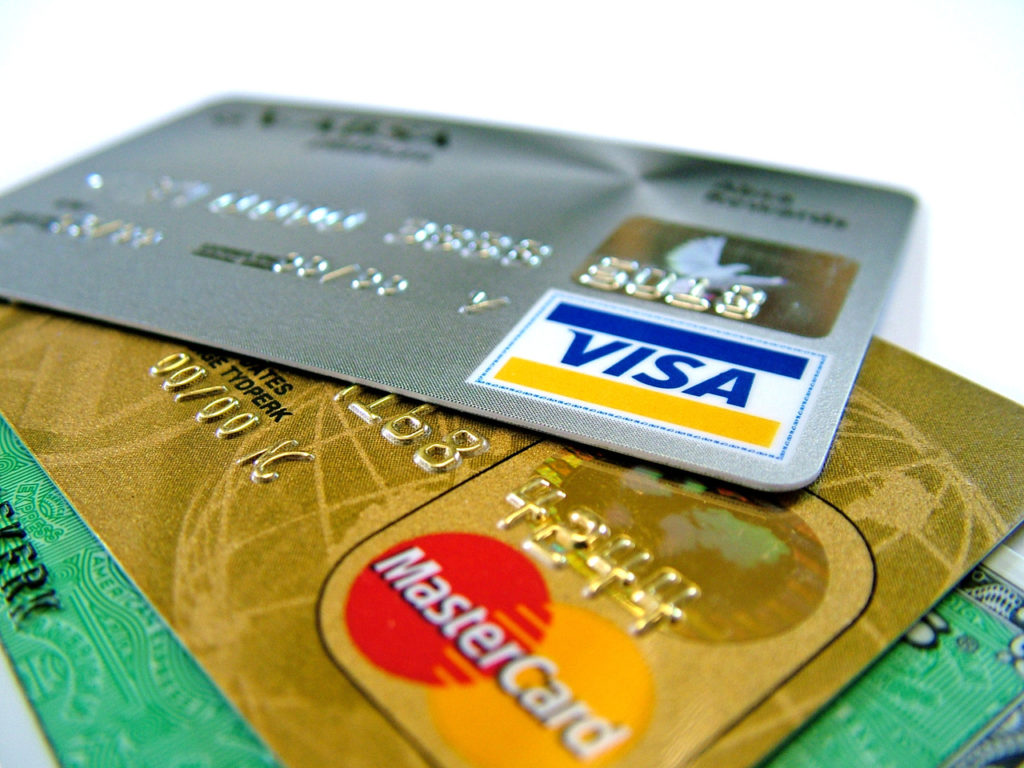The U.S. Trustee’s Means Test Figures

Updated Effective April 1, 2021 The U.S. Trustee Program, the division of the Department of Justice that oversees the bankruptcy process in the United States Federal Court, recently released updated median income data for each state. These income figures apply to all bankruptcy petitions filed on or after April 1, 2021. They are used to […]
6 Bankruptcy Myths

At the Law Offices of David Pankin P.C., we have helped well over 10,000 clients file for bankruptcy in New York. We have heard many different incorrect conceptions about bankruptcy from our clients over the years. Here are the six most common myths that we have encountered: 1. My credit will be permanently damaged – […]
Should I File Bankruptcy Without a Lawyer?

Are You Struggling Financially And Considering Bankruptcy? Many people who are struggling financially and overwhelmed by debt are often not sure where to turn for help. One option, which is often the best option, is bankruptcy. In contemplating whether to file for bankruptcy in New York, we strongly recommend consulting with an experienced bankruptcy attorney. […]
Stop The Enforcement Of A Judgment Through Bankruptcy

In this blog, we will examine how filing a Bankruptcy petition can stop the enforcement of a court judgment. Once a creditor sues you and obtains a judgment against you there are two main ways they can enforce it: wage garnishment or by restraining a bank account. According to New York’s Civil Practice Law & […]
What Is The Difference Between Debt Settlement, Debt Consolidation and Credit Counseling?

When struggling with debt, consumers often do not know what their best options are. There are three different services that some of our clients frequently consider before filing for bankruptcy: Debt Settlement, Debt Consolidation and Credit Counseling. These terms are sometimes used interchangeably but they are indeed different and have very different costs, effects and […]
What Is Worse For Your Credit, Bankruptcy or Debt Settlement?

Many people wonder what their options are when they are struggling to pay their bills? Financial hardship can stem from various factors that ultimately result consumers finding that their debts have spiraled out of control. A few examples of such hardships may include: the loss of a job, a reduction in the availability of overtime, […]
Will My Spouse Be Affected By My Bankruptcy Filing?

Many married debtors, who are thinking about filing for bankruptcy individually, often ask if the bankruptcy filing will affect their spouse. It is common for a married debtor to pursue a bankruptcy filing individually, by him or herself. If a married debtor files for bankruptcy individually, the question of whether their spouse will be affected […]
How Does Social Security Income Impact A Bankruptcy Case?

When facing financial difficulty, Chapter 7 and Chapter 13 bankruptcy are the two main bankruptcy options to help consumers struggling with debt. Both allow a consumer to discharge their debts, get protection from creditors and receive a fresh start. In a Chapter 7 bankruptcy case, a debtor’s dischargeable debts are eliminated in a relatively quick […]
HAVEN Act Extends Means Test Exemption to Disabled Veterans And Their Families

On Aug. 23, 2019, the Honoring American Veterans in Extreme Need Act of 2019 (HAVEN Act) was signed into law. The HAVEN Act amends the Bankruptcy Code to exclude many benefits paid by the U.S. Department of Veterans Affairs (VA) and the U.S. Department of Defense (DoD) to disabled veterans and their families from the […]
Can I Withdraw My Chapter 7 Bankruptcy Case? (Voluntary Dismissal of Chapter 7)

Filing for Bankruptcy is a big decision but once a debtor files their bankruptcy case, it cannot be voluntarily withdrawn without Court permission. There are a number of factors that the Bankruptcy Court must evaluate before a debtor is permitted to voluntarily dismiss a Chapter 7 Bankruptcy case. Generally, a debtor can only withdraw their […]

